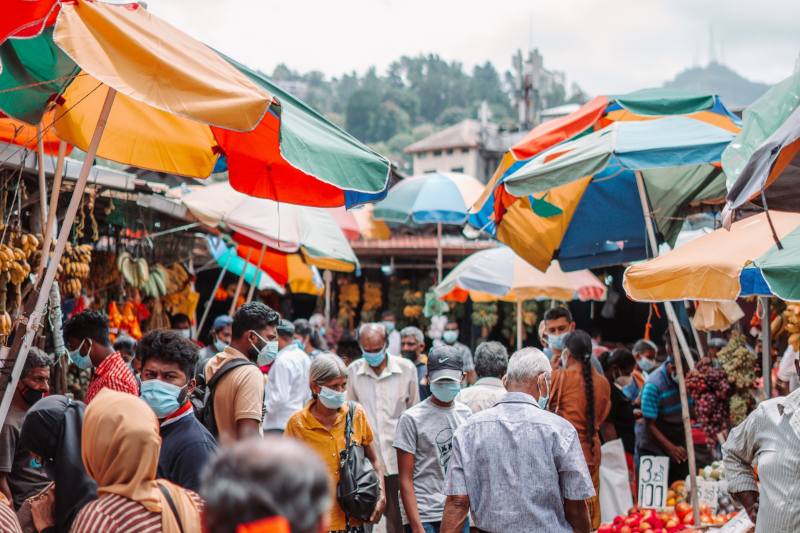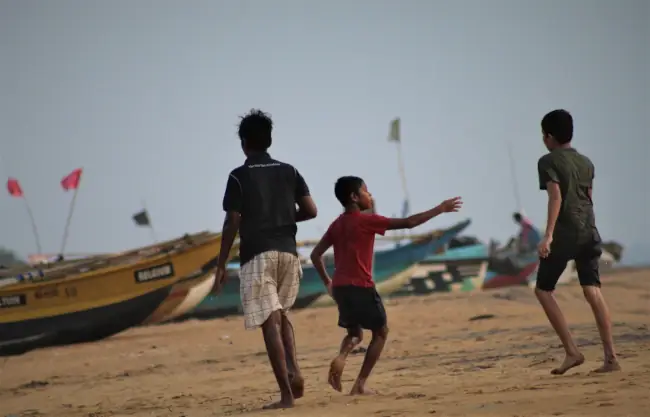This research project was initiated in 2024 by the International Food Policy Research Institute (IFPRI) in partnership with local collaborators, including the International Water Management Institute (IWMI), Wayamba University, Peradeniya University, the Industrial Technology Institute, and the Hector Kobbekaduwa Agrarian Research and Training Institute (HARTI).
Kandy Consulting Group (Pvt.) Ltd. provided field survey consultancy services for the research project during the survey period, which ran from June 2024 to August 2024
The purpose of this research was to assess the nutritional status of Sri Lankans, understand the production and consumption of fruit and vegetables, and explore what different interventions can help to increase production and consumption. The surveyed area spans across two districts, Ratnapura and Badulla, encompassing a total of 7 Divisional Secretariat (DS) divisions, 57 Grama Niladhari (GN) divisions, and 125 villages.
The fieldwork was conducted with the support of a dedicated team of enumerators who were strategically deployed across the two main districts. In Ratnapura, a team of 14 enumerators was assigned to carry out the survey in 57 villages, while a larger team of 30 enumerators managed the survey activities across 68 Grama Niladhari (GN) divisions in Badulla.
The project utilized SurveyCTO software to develop the questionnaires as CAPI forms (Computer-Assisted Personal Interviewing), which allowed for digital data collection in the field.
There were two surveys conducted as part of the research project: a village survey and a household survey. The respondents for the village survey were carefully selected based on their extensive knowledge and expertise in various key aspects of the village's functioning. The selection process focused on identifying individuals who were particularly well-versed in areas such as agriculture, health, transport, and infrastructure within the village. These individuals were regarded as key informants, providing valuable insights into the specific sectors they were most familiar with.
Three separate surveys were conducted to gather comprehensive household data: Woman Survey, Head/Adult Survey, Adolescent survey. The surveys were conducted in both Sinhala and Tamil to ensure inclusivity and effective communication with all participants. A total of 2,852 household surveys and 125 village surveys were successfully completed.
You can view images related to this project in our gallery page: Improving Fruit and Vegetable Consumption and Production in Sri Lanka.








